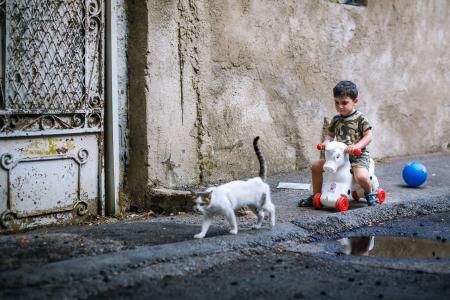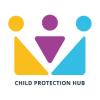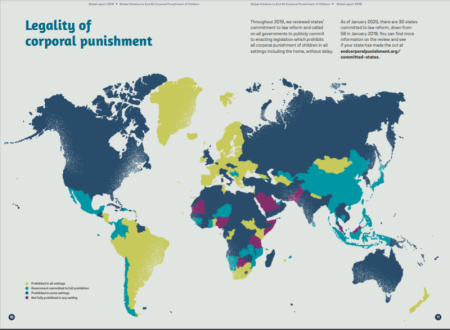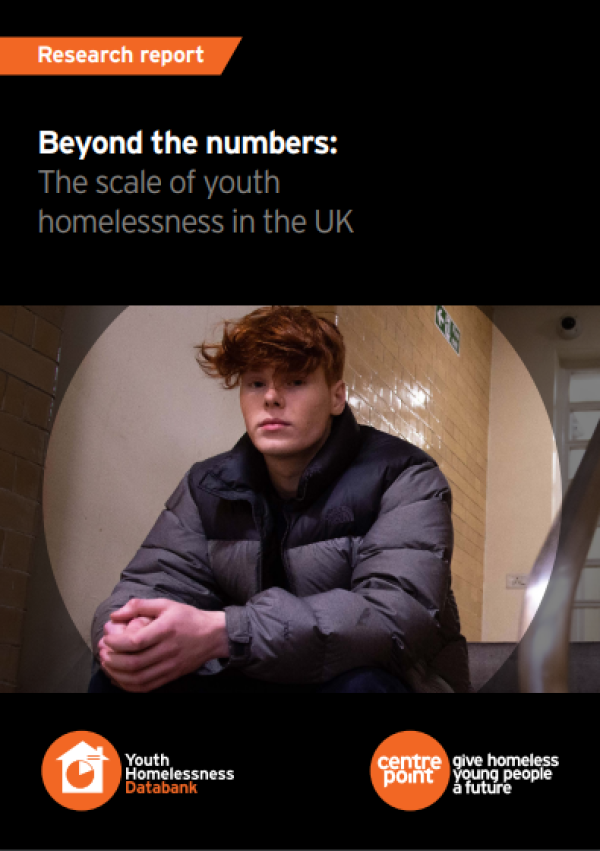
As a first country in the UK Scotland has made it a crime for parents to smack their children. The new regulation will grant the children the same protection from assault as adults.
Smacking in England is illegal, excluding cases where it is used as “reasonable punishment”. Parents face possible criminal charges if they hit a child hard enough to leave a mark, bruising, swelling, cuts, scratches or a black eye. It is illegal for teachers and care workers to smack a child, although parents may give permission for reasonable punishments to privately-hired nannies or babysitters.
Wales is considering similar regulation against smacking, but there are currently no such plans in England.

You might like..
0
4
The BBC reports on the newly introduced smacking ban bill in Scotland, presenting the country as the very first part of the United Kingdom to do so.
Before the bill, it was allowed and quite common among parents and carers to use smacking as a form…
0
17
The Guardian's Helen Pidd reports that Unicef has recommended the use of Tasers and spit hoods on children should be banned in the UK.
Unicef found that the police in some forces in England use them disproportionately on black, Asian and minority…
0
1
Young people from across Scotland have made recommendations on EU funding, opportunities to work, study and travel, the economy, trade and jobs, upholding human rights, and Brexit as they share key concerns about their relationship with Europe.
The…
0
7
Scotland is the first nation in the UK to remove 'justifiable assault' from the law, meaning that children now have the same protection from violence as adults, and this has led to much debate on the use of smacking and its negative effects on…
0
30
The article below was written by Phil Nash, correspondent for the Immigration Advice Service, an organisation of immigration solicitors providing legal support for students from overseas looking to study in the UK.
The views expressed are that…
0
54
On 28 January 2020 a landmark vote was held in the Welsh National Assembly, in which Assembly Members voted 36 to 14 to approve the Children (Abolition of Defence of Reasonable Punishment) (Wales) Bill. The Welsh Senedd, or Welsh Parliament, is…
0
33
The first national study of child exploitation in Scotland – „Sexual exploitation of children involved in the children’s hearings system” – calls for further efforts to increase communities’ and agencies’ awareness as cases are identified in 27 of…
0
2
Opening outdoor schools may be a solution for socially distanced education in Scotland.
The outdoors has already been part of the Scottish curriculum and has proved to work efficiently. Now, more and more educators and policymakers consider it…
0
4

BBC reports that parents of children with special needs say they are struggling to cope as they are not receiving their usual support or respite during lockdown.
Some children have limited or no time in school and provision appears to depend on…
0
32
An estimated 121,000 young people in the UK asked the council for help with homelessness in 2019-20. However, it is worth bearing in mind that not everyone reaches the council for help and many more 16-24-year-olds are hidden homeless. This is…
0
2
The Children and Young People’s Panel on Europe, initiated by Eurochild members, Children in Scotland and independently led by the charity in partnership with Together (Scottish Alliance for Children’s Rights), will also develop resources to…
0
1
After almost 4 years of negotiations, the UK left the EU on 31 January 2020. Despite Brexit, our UK members remain central to our efforts to put children at the heart of Europe. We stay united in our common cause for protecting and promoting…
0
3
Media regulator Ofcom interviewed 3,200 children and parents around the UK as part of a 2019 study on children’s electronic device usage habits.
Here are some of the results:
Mobile phones are the most commonly used devices among…
0
17
Crimes involving the sexual grooming of children have been on the rise in recent years, according to the British police in Shropshire. From April 2018 until April of 2019, local law enforcement authorities investigated 70 percent more child sexual…
0
1
A campaign by charities in the UK has emphasized the importance of a coordinated response for vulnerable young people aged 16–17. Support for children in need stops at 18, but very few vulnerable teenagers are referred to adult services.…
















